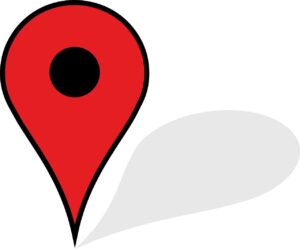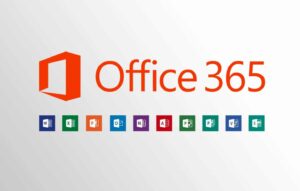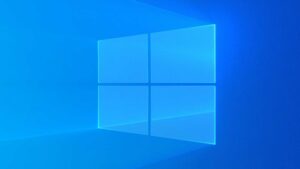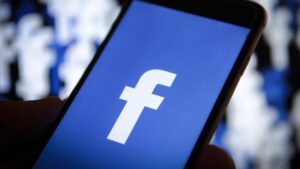OpenAI’s Custom ChatGPTs: How it works and how to create
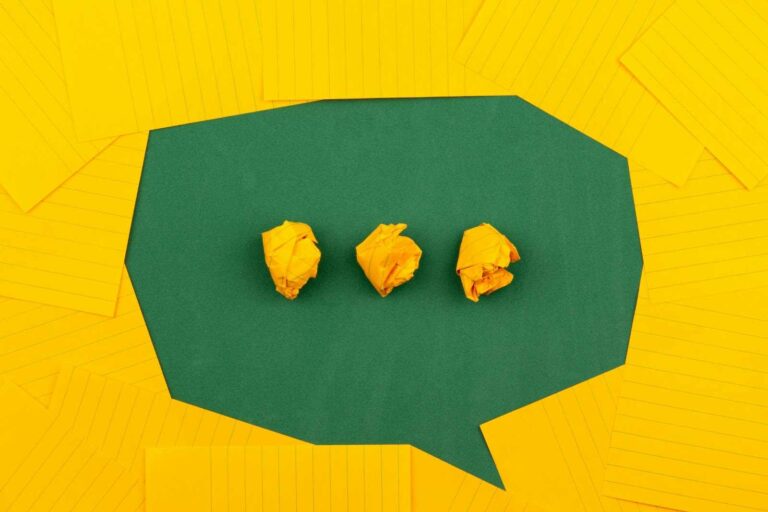
November 6, 2023, was DevDay, OpenAI’s first developer conference in San Francisco. The company behind the viral AI chatbot ChatGPT introduced many new technologies during that event – including GPTs or custom ChatGPT bots.
In simple terms, users will be able to create their own unique ChatGPT, with custom instructions, replies, behaviors, filters, you name it. These custom bots will be better suited to specific tasks, similar to what you can get by taking a base AI model and fine-tuning it.
The amazing thing with GPTs, however, is that you don’t need to be a developer to create one. Heck, you don’t even need an API license or access – all you need is to write natural language, just as you would chat with ChatGPT or any human.
This post looks at this new technology and explores its potential impact on business and the AI developer community, as well as the question of monetization.
From ChatGPT to GPTs
ChatGPT broke all records in December 2022, after it hit a million users in its first 5 days. Today, the tool is used by 100 million weekly active users, 90% of Fortune 500 companies, and about 2 million developers.
Building on the concept of continuous improvements, OpenAI listened to its users and included many new features along the way. One of these was released in July 2023 and is called Custom Instructions, a feature that enabled users to set preferences for their ChatGPT sessions.
Users loved Custom Instructions and wanted even more of it – the ability to control ChatGPT’s generative capability. So, OpenAI had to create and release GPTs.
How Do GPTs Work?
By releasing it to the public, OpenAI believes that the best GPTs will be built by the community. Using different plugins, a GPT can access the web, generate images, read computer code, execute computer code, and hook into external services like databases, email services, automation services like Zapier, and so on.
What sets a GTP application apart is its niche focus, domain knowledge, and expertise. The creation process allows you to tailor it to specific uses by adding custom instructions, niche knowledge, and actions that it can perform, such as checking email. The GPT builder also allows for the uploading of custom data that you can use to instruct the model.
In other words, a GPT works just like the standard ChatGPT application, but with a long list of custom instructions, plugins, and specific knowledge. This makes it more of a specialist bot than the all-knowing ChatGPT.
How To Create A GPT Bot
This is another amazing thing about GPT. For such a sophisticated tool, the creation process is deceptively simple – all you have to do is tell it how you want it to behave, and that’s it.
To create a new GPT chatbot, just head over to https://chat.openai.com/create if you are a paying user and you will be greeted with the simple GPT Builder page styled after the ChatGPT interface. You can also access it from your ChatGPT Plus account by clicking on the Explore button at the top-left of your ChatGPT dash and selecting Create a GPT.
You will have to describe the type of bot that you want to create using the standard conversation form for ChatGPT. This will lead to some forward and backward conversations until you are satisfied that it understands what you want and that it also works just like you expect.
You can choose to make the bot for yourself, for internal company use, or for public use. You can also upload documents with additional data for the model to learn from. This could be any type of record – events, stories, customer data, and so on.
The GPT Builder will create an image for your new bot and you can either accept it if you like or request for a new one if you don’t like that one. It will also let you test out the bot on its right pane for real-time results.
When you are done explaining and instructing, and you seem to like the result you are getting, then click on Save to save your work. You can always edit it later by clicking on Explore in your ChatGPT dash and on Create a GPT.
Potential GPTs Applications
ChatGPT is in itself a phenomenal feat that has impacted lots of businesses around the world. The GPTs system seems capable of taking this impact even further and empowering business owners in many new ways. While not an exhaustive list, here are some of its potential applications.
- Digital Kitchen Assistant: A customized bot that knows your food preferences and can help you create a meal you will love based on the ingredients you have at home.
- Workflow Automation: Think of Zapier and IFTTT being able to understand you as a human assistant would. GPTs should open many possibilities for non-techie business owners to create amazing workflow automation and boost their productivity.
- Customer Service GPT makes it easy to teach a bot everything about a business and thus provides a highly competent but affordable customer service agent for small and medium-sized businesses.
- Sales Agent: Same as with customer service. It is now possible for small business owners to create sales agents who might even be more knowledgeable about the business than human employees. And cheaper too.
- Location-based Expert: From travel to business, fun, and love, a location-based expert for countries, cities, or states will beat most other non-GPT approaches.
- Expert Consultant: An affordable consultant who can analyze data from specific industries, offer expert advice, and so on.
- Preserving Memories: The GPT platform makes it easy for people to recreate personalities that remind them of their loved ones. Maybe, the ones they lost.
- Geopolitical Analyst: Your very own intelligence agent who can analyze the political landscape of select regions and offer recommendations.
- Professor: A math, physics, chemistry, or engineering mentor. A customized bot that can meet the individual needs of the student.
- Financial Adviser: Customized financial advice based on unique conditions.
- Stock Picker: Quickly or consistently analyze the markets based on the user’s preferences or goals. This can go beyond stocks to bonds, forex, commodities, and so on.
- Dating Coach: Helps the user to practice saying the right words at the right times. And to learn which words to avoid using, how to say “I’m sorry” and so on.
- Email Manager: Automatically read and reply to your emails based on your instructions.
- Personal Assistant: Any assistant for specific tasks, such as surfing the web and finding specific information, telling stories in a particular way, and teaching math in a fun way.
- Social Media Manager: Monitor your social media pages, reply to messages, write new posts, and review posts before posting to maximize impact and avoid offensive content. Create periodical reports.
Availability & Pricing
The GPTs service is currently only available to paying customers with a ChatGPT Plus account and to enterprise customers.
A ChatGPT Plus account costs $20 monthly and gives you access to various other tools and privileges, including faster response times, higher availability, and priority access to new features, such as newer models, integrations, plugins, and so on.
8. GPT store
OpenAI also plans to roll out a GPT Store before the end of 2023. Akin to the App Store or the Play Store, this GPT store will make it easy for users to discover all types of bots, based either on what they are used for, their category, popularity, or other metrics.
Monetization
Altman said during DevDay: “We’re going to pay people who make the most used and most useful GPTs with a portion of our revenue”. This means that OpenAI is probably banking on taking a revenue-sharing route to encourage developers to create useful bots for its ChatGPT ecosystem.
So, a developer’s revenue might depend on how popular his bot is, how many people use it regularly, what it’s used for, and so on.
However, as Altman equally made clear, everything is still under development. So, no one can say for sure how the monetization will eventually turn out – what percentages a developer should expect and if external monetization strategies will be allowed.
Dangers of GPTs
Are there any dangers to this GPTs development? Well, no one knows for sure, as things are just getting started. However, AI consultancy businesses that help clients develop custom models might find themselves in difficult positions if they fail to adapt.
Companies like Zapier are already working with ChatGPT, so rest assured that the entire workflow automation industry might be getting a big shakeup. Social media management platforms, dating coaches, and even the stock recommendation and financial advisory industries might be seeing changes.
Obviously, with the public’s involvement in developing GPTs, this program stands to alter the AI bots and services landscape drastically, as non-coders get into the business. However, because everything is still a work in progress, no one can say for sure, what the future holds.
Frequently Asked Questions
Here are some frequently asked questions concerning the GPTs service from OpenAI.
Q: Are GPTs the same as ChatGPT?
A: Not really. A GPT is a customized instance of ChatGPT. In other words, GPTs are modified versions of ChatGPT.
Q: Can I make money from my GPT?
A: Yes, you can. However, OpenAI is still developing its GPT Store ecosystem that will handle financial compensation for GTP developers.
Q: Will I be able to see my GPT’s conversations?
A: No, you will not be able to see what your bot is discussing with strangers.
Q: Can I make a GPT for anything?
A: No, you cannot. Adult content and criminal activities are not allowed. All others are probably okay.
Q: Can free ChatGPT users access GPTs?
A: Currently, no. The service is only available to ChatGPT Plus account owners. ChatGPT Plus costs $20 per month and comes with many useful features.
Conclusion
Here’s the wrap-up of our quick analysis of OpenAI’s GPTs service and what it holds for the future of your business or industry. Though the GPTs ecosystem is still in development, you will agree that it holds lots of promise to improve the professional and private lives of millions of users soon.

